- News
- entertainment
- hindi
- bollywood
- From Darr to Anjaam: Unconventional roles in films portrayed flawlessly by Shah Rukh Khan
From Darr to Anjaam: Unconventional roles in films portrayed flawlessly by Shah Rukh Khan

From Darr to Anjaam: Unconventional roles in films portrayed flawlessly by Shah Rukh Khan
Shah Rukh Khan, often celebrated for his charismatic romantic leads, has also ventured into a diverse array of unconventional roles throughout his illustrious career, showcasing his versatility and willingness to push cinematic boundaries. From obsessive antagonists to flawed protagonists and determined mentors, these performances have not only challenged audience expectations but have also solidified his reputation as one of Indian cinema's most dynamic actors. Let's take a look at times when 'the Badshah of Bollywood' stepped outside the traditional hero mold to deliver compelling and often groundbreaking portrayals.
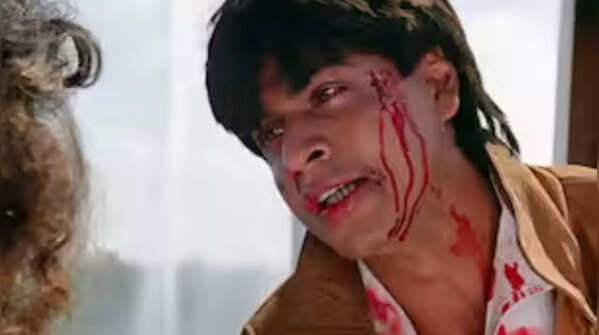
Darr (1993)
In Yash Chopra's psychological thriller ‘Darr’, Shah Rukh Khan stepped away from conventional romantic leads to portray Rahul Mehra, an obsessive and menacing stalker. His intense and chilling performance as the unhinged antagonist, fixated on Juhi Chawla's character, was a departure from the typical Bollywood hero, earning him critical acclaim and establishing his versatility early in his career despite it being a negative role alongside Sunny Deol.
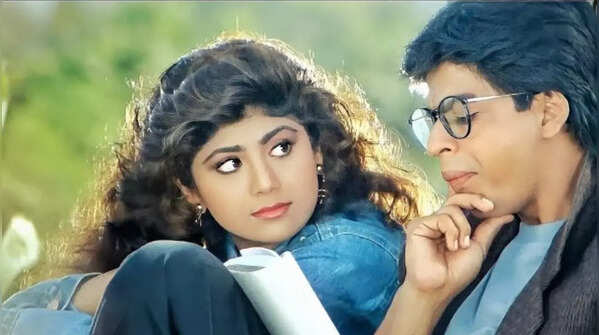
Baazigar (1993)
Also released in 1993, Abbas-Mustan's ‘Baazigar’ saw Shah Rukh Khan play Ajay Sharma, a young man who cunningly plots revenge against a wealthy businessman by seducing and murdering his daughters, played by Shilpa Shetty and Kajol. This neo-noir thriller showcased Khan in an anti-hero role, driven by vengeance and devoid of typical heroic traits, which was a bold and unconventional choice for a rising star and proved to be a significant box office success.
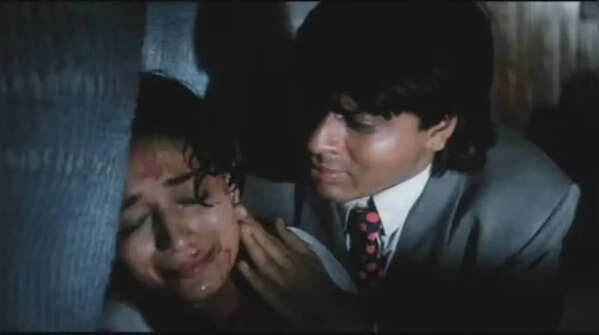
Anjaam (1994)
Rahul Rawail's ‘Anjaam’ explored Shah Rukh Khan's capacity for darker roles, casting him as Vijay Agnihotri, a wealthy and spoiled man who becomes dangerously obsessed with a successful actress, played by Madhuri Dixit. His portrayal of a possessive and ultimately violent antagonist who resorts to extreme measures when his advances are rejected was another unconventional choice that solidified his range beyond romantic heroes, even though the film had a mixed reception.
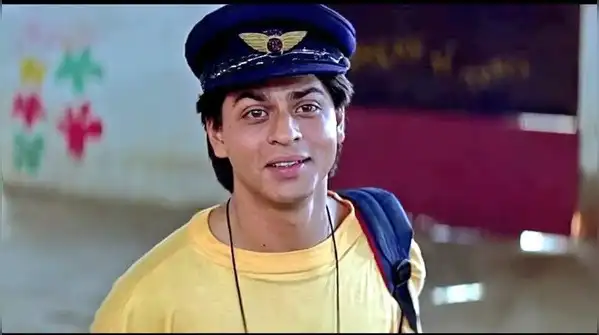
Kabhi Haan Kabhi Naa (1994)
In stark contrast to his villainous roles of the same year, Kundan Shah's ‘Kabhi Haan Kabhi Naa’ presented Shah Rukh Khan as Sunil, a lovable but perpetually unlucky-in-love young man who often finds himself in comical and bittersweet situations while pining for his crush, played by Suchitra Krishnamurthy. This charming and realistic portrayal of a flawed and non-heroic protagonist was an unconventional choice within the mainstream Bollywood landscape, showcasing Khan's ability to connect with audiences through vulnerability and relatability.
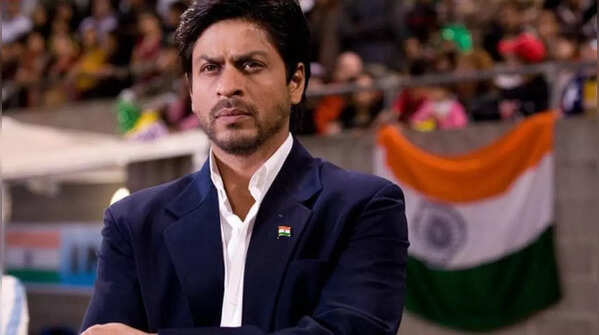
Chak De! India (2007)
Shimit Amin's ‘Chak De! India’ featured Shah Rukh Khan in the unconventional role of Kabir Khan, a disgraced former hockey player who returns as the coach of the underdog Indian women's national hockey team. Shedding his romantic hero image, Khan delivered a restrained and powerful performance as a determined and principled coach, focusing on the team's journey and his own redemption rather than a typical romantic subplot, earning him widespread critical acclaim for his mature and understated portrayal.
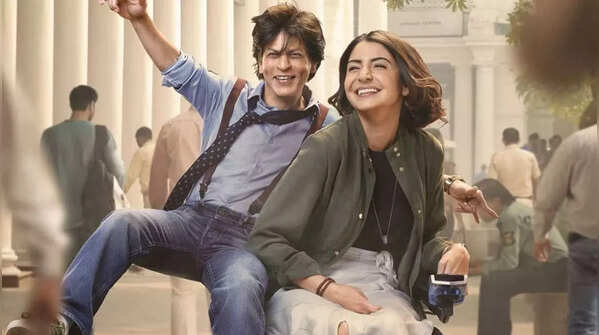
Zero (2018)
In Aanand L. Rai's 'Zero', Shah Rukh Khan took on the highly unconventional role of Bauua Singh, a charming but self-absorbed dwarf from Meerut. The film pushed visual boundaries with its extensive use of CGI to depict Bauua's physicality, and Khan's performance explored themes of love, ambition, and self-acceptance from a unique perspective. While the film had a mixed reception, Khan's commitment to this challenging and technologically ambitious role was a clear departure from his usual portrayals.
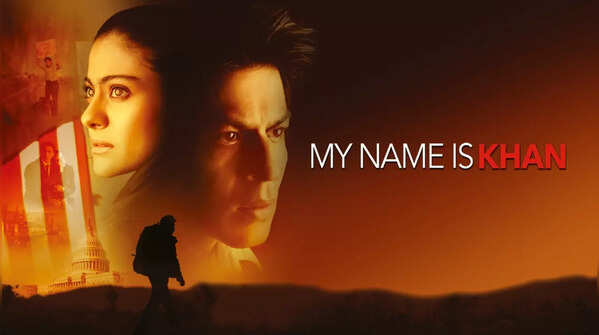
My Name is Khan (2010)
Karan Johar's 'My Name Is Khan' presented Shah Rukh Khan as Rizwan Khan, a Muslim man with Asperger's syndrome who embarks on a journey across America to meet the President and clear his name after being wrongly associated with terrorism following 9/11. This role was unconventional for its sensitive and nuanced portrayal of a character with a neurological condition, requiring Khan to embody specific mannerisms and emotional responses. The film tackled important social and political themes, making Khan's performance both a personal challenge and a significant commentary on societal perceptions. His portrayal of Riwaz Khan was largely applauded and garnered him with immense love and respect as an actor.








